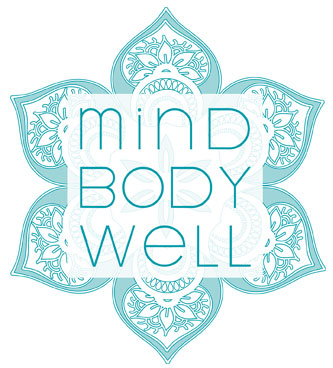Periods of inadequate or irregular eating can occur for a multitude of reasons, including food restriction. A common feature across many eating disorders, food restriction involves limitation of the variety, adequacy or regularity of the foods that we eat. Food restriction may occur as a result of active and deliberate attempts to reduce dietary intake, or it can arise more subtly - due to a lack of conscious attention to meeting our nutritional needs.
Active Restriction
Active restriction involves conscious, intentional efforts to limit or control food intake, often driven by specific goals or fears related to weight, body shape, or food itself. Common examples of active restriction include:
Selective eating: Avoiding foods deemed ‘unhealthy’, often leading to rigid food rules and reduced variety of ‘safe’ food options
Weight loss dieting: Following prescribed plans with a goal to lose weight, which often involves tracking and limiting daily intake to stay within a set target (eg. calorie counting)
Fasting: Skipping meals or going extended periods without eating to reduce overall food intake
For people experiencing an eating disorder, active restriction is often associated with Anorexia Nervosa (significant and prolonged food limitation motivated by an intense desire to control body weight and shape). However it is important to recognise that active restriction is central to almost all eating disorders, including Bulimia Nervosa and Binge Eating Disorder, where restriction fuels reactive cycles of binge eating (and potential compensatory behaviours).
Passive Restriction
Passive restriction, on the other hand, occurs less intentionally. People who are restricting in a more passive way may not actively try to limit their food intake, but lack the drive to eat due to a variety of factors, such as:
Forgetting to eat: Skipping meals unintentionally, often due to preoccupation with work, life stress, or distraction with other activities
Lack of appetite: Reduced hunger cues, which may stem from psychological and emotional factors such as low mood or heightened anxiety, or physical factors
Health Conditions: Chronic illnesses, digestive issues, or some medications can reduce appetite and cause people to go extended periods without food
Sensory sensitivities: Avoiding certain foods due to characteristics such as texture, taste, or smell, making it difficult to eat a balanced diet
While not always related to an eating disorder, passive restriction can be a characteristic of Avoidant/Restrictive Food Intake Disorder (ARFID), particularly when caused by sensory sensitivity. Passive restriction can also be related to other eating disorders - for example, when someone unconsciously welcomes opportunities to ‘forget’ to eat, or downplays their nutritional needs.
Food Scarcity and Restriction
Food restriction can also be influenced by external factors such as food scarcity. Limited access to adequate nutrition due to financial constraints or unpredictable food availability can lead to involuntary restriction. This is important to understand as a separate factor to other forms of restriction, as it necessitates strategies to improve food access and the consistent availability of adequate nutrition.
Can Active and Passive Restriction Overlap?
Although these forms of restriction can seem distinct, they do often overlap. Someone who initially experiences passive restriction (such as skipping meals due to low appetite) might develop active restriction over time, given inadequate dietary intake can be a trigger for the development of an eating disorder.
Similarly, an eating disorder can disguise itself as passive restriction, making disordered behaviours harder to recognise. For example, someone experiencing an eating disorder might frequently say they’re “too busy to eat," when in fact this has become a way to justify restriction.
Addressing Restriction in Recovery
It’s important to be curious about and to understand what’s motivating restrictive eating behaviours, in order to then decide on the best course of treatment. Both Psychologists and Dietitians experienced in eating disorder therapy can assist with this, and Dietitians in particular can assist in recommending strategies to focus on more adequate nutritional intake.
Active restriction often requires addressing thoughts, fears, and beliefs about food and body image. Passive restriction may call for strategies to support appetite awareness, manage sensory sensitivities, or to build regular eating habits. Both types of restriction can benefit from therapeutic assessment, strategies and support to change, which our team at Mind Body Well are able to provide.



